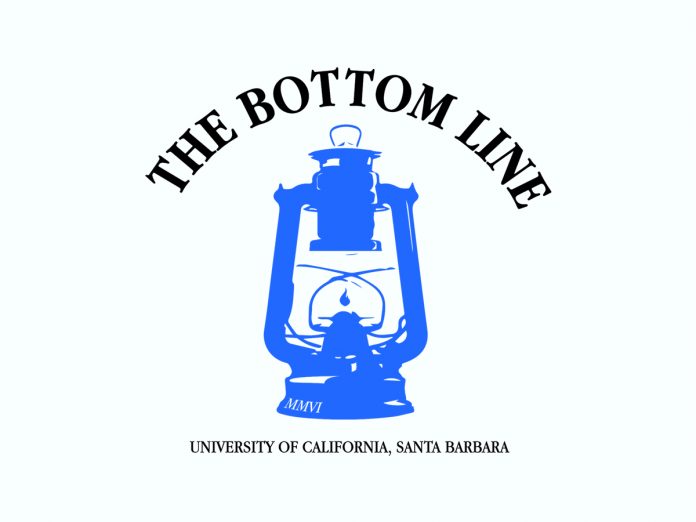Jacob Wong
National Beat Reporter
A team of computer science and communications researchers at UCSB have developed an app that seeks to aid oppressed groups in the global fight against authoritarian regimes.
The app, called SecurePost, was created by members of the Center for Information Technology and Society at UC Santa Barbara, a network of scholars and researchers on campus whose self-proclaimed mission is to understand and help shape the complex development, use, and social effects of information technologies.
According to its developers, the main purpose of SecurePost is to provide minority and political dissident groups under an authoritarian government a way to communicate securely and anonymously, mostly on social media.
“We wanted to find a way to solve the dilemma of offering secure communication while also being able to verify if the communication is coming from a credible person,” said UCSB communications professor and CITS affiliate Miriam Metzger, who contributed to the project.
Inspired by the efforts of real-life social and political movements, SecurePost’s developers wanted to find a way to level the playing field for these groups in their struggle against oppressive governments.
“We did this in the wake of events like the Arab Spring revolution in which you saw a lot of governments tamp down on people’s ability to communicate,” said Metzger, citing the resistance groups in Egypt who used social media to organize the public as an example.
“People would communicate on Twitter, ‘we’re going to organize a protest against the government at this time; meet us here,’ but then people didn’t want to say that because the police would come arrest them,” explained Metzger.
Resistance groups faced a two-pronged dilemma. On one hand, group leaders needed to mobilize the public while protecting their identity from government surveillance. On the other hand, members of the public needed to know that the groups’ social media accounts were credible and had not been hijacked by the government.
Metzger and the rest of her development team break down how the app works in a paper published to the Journal of Internet Services and Applications back in November of 2018. In a nutshell, the app allows users to post to social network groups while still maintaining their anonymity.
Any online activity posted by someone on the app appears to the public as a post from the group page without giving away the person’s identity. “In this manner, a group is able to build a social media presence while retaining anonymity of its members,” states the paper.
Lastly, the app allows group members to attach a digital signature to their posts for verification, so readers can know that the information is coming from them and not government interference.
Prior to creating the app, members of the CITS team traveled to three different countries — Turkey, Mongolia, and Zambia — to meet with members of marginalized and politically oppressed communities. While these countries were not necessarily under oppressive regimes, they were in close to proximity to ones that were, such as China and Russia.
For Metzger, these trips not only helped the team better understand the needs of its intended users, but also broadened the scope of that user base as well.
“It definitely helped us better understand the different types of groups that could be in need of this application,” said Metzger. “We initially conceptualized political dissident groups as being people who would need to use this app, but we realized that there are other types of groups such as LGBT communities in these countries who cannot come out in the open and would want to communicate with each other in a secure way. They would also need this app.”
For Metzger and the rest of her team, SecurePost is only a microcosm of much more significant overarching political issues. While the application may end up being a valuable tool for oppressed groups in authoritarian regimes, there is still work to be done in addressing topics such as authoritarianism and freedom of speech around the world.
“While our work focuses on specific communities, not populations of countries as a whole, we believe examining the needs of communities particularly vulnerable to censorship provides a lens through which to understand some challenges to overcoming censorship more broadly,” reads the paper published to the Journal of Internet Services and Applications. “The ethics and permissibility of censorship is outside the scope of this work.”











